Renault India has revealed that it is looking to introduce strong-hybrid powertrains on its future cars in India. This is in addition to a string of electric vehicles that will kick off with the introduction of the electric Kwid, expected in 2024-’25.
The strong-hybrid powertrains will be a good replacement for the efficient and torquey diesels Renault India was made to forfeit earlier. Even more important, the carmaker says it could localise its strong-hybrid powertrains, just as it has done with its string of three cars produced in India – the Kwid, Triber and Kiger.
Renault India to offer strong and plug-in hybrids
Renault says it is looking to provide cleaner, greener and more efficient cars to buyers in India. So in the future – as per Venkatram Mamillapalle, MD of Renault India – the company will include strong and plug-in hybrids in its diverse portfolio. "We have naturally aspirated and turbocharged petrols, we will have a range of EVs, our engines are ethanol ready – even capable of running on E100 – and we will have plug-in hybrids and strong hybrids for the Indian market."
While there are no plug-in hybrid powertrains in the mainstream market in the country, due to the cost penalty, Renault is keen on understanding the potential. This is despite the fact that the plug-in is the most expensive, if effective form of a hybrid as it is both a full EV and a full ICE-powered vehicle at the same time.
Even more interesting is how Renault plans to tackle the problem and bring costs down. "We will look to localise our plug-in hybrids and strong hybrids… to ensure that products are competitive," adds Mamillapalle.
This makes Renault only the third carmaker, after Toyota and Maruti Suzuki, to commit to strong hybrids in the long term. Honda sells a strong-hybrid version of the City here, and the Accord Hybrid too was on sale here briefly. However, Honda says more strong hybrids are on hold as it is awaiting government sops to bridge over the high costs of the powertrain. Indian and Korean carmakers have skipped hybrids and have a strong focus on EVs.
Renault’s decision to explore hybrid powertrains comes at a time when the market leader Maruti Suzuki, along with its global alliance partner Toyota, has got a very strong response in the market for their two strong-hybrid offerings, the big jump in fuel economy being the major factor.
Earlier this year, Renault Nissan Automotive India Private Limited committed more than Rs 5,300 crore in the next five years as its next phase of investment. The group envisages a total production of 3.5 lakh cars in the country in the coming years.
Renault India’s strong hybrid tech
So, what are the strong hybrids we can expect from Renault? The French carmaker’s E-Tech range of strong-hybrid engines consists of two important powertrains, the 145hp and the 160hp. Both these are developed with tech from Renault’s Formula 1 programme and come protected by more than 160 patents. The system makes use of both a series and parallel architecture, and involves the use of two electric motors. These on the 145hp include a 49hp motor and a 24hp high-voltage starter generator, and the pair is mated with a 4-cylinder, 1.6 litre, 94hp petrol engine.
Electricity is stored in a 1.2kWh battery. This strong-hybrid powertrain has the potential to deliver 24kpl in normal driving conditions. The E-Tech full-hybrid powertrain can combine input for the IC engine and electric motor in up to 14 different ways to optimise energy efficiency. The car is powered by the electric motor when it starts, and uses the electric motor up to 80 percent of the time in cities – cutting consumption by up to 40 percent compared to a conventional petrol engine.
Meanwhile, the 160hp E-Tech is a plug-in hybrid and could be used for the all-new upcoming Duster or Bigster, slated to come to India in 2025. It uses a much larger 9.8kWh battery, two electric motors as earlier, and a 1.6-litre four-cylinder engine. The hybrid engine on some versions runs on a more efficient Atkinson cycle for low-fuel consumption. Question is, will plug-in hybrids be offered the same tax sops as electric cars?
With inputs from Ketan Thakkar
Also see:
Sub-Rs 10 lakh Renault Kwid EV launch by 2025
Renault-Nissan alliance has built 2.5 million cars in India

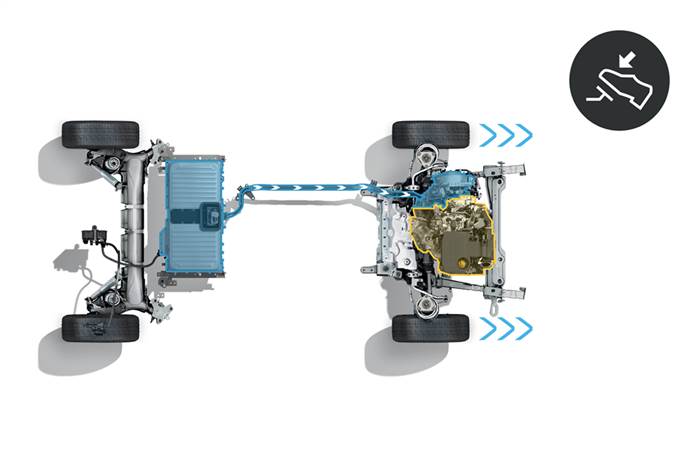
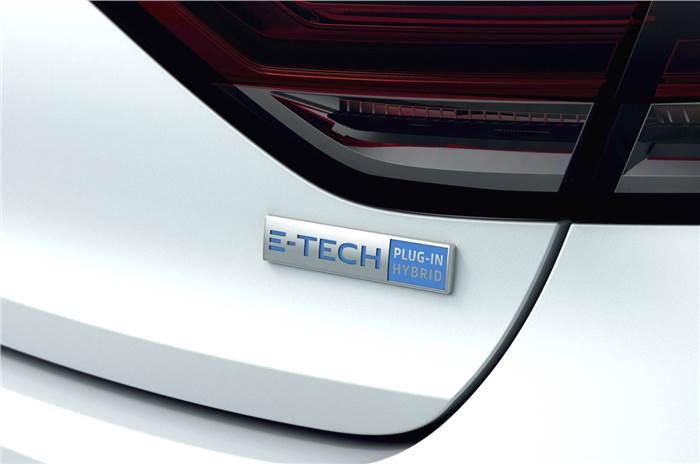
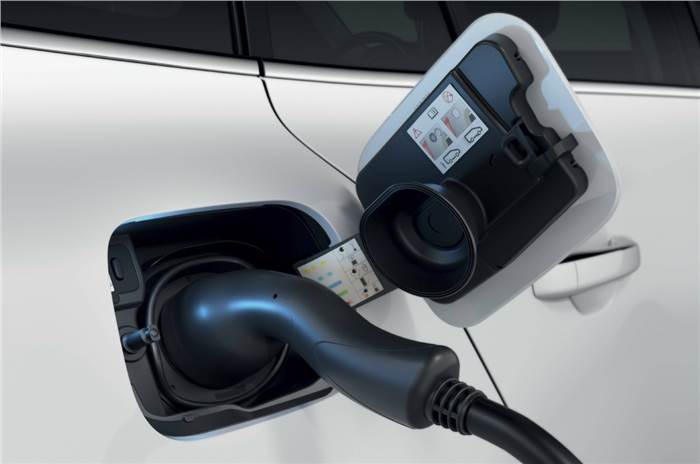

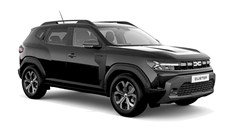
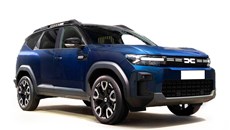
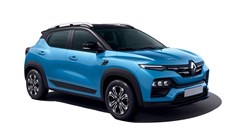
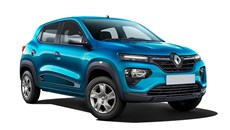

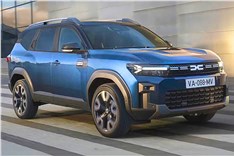
.jpg&w=234&h=156&q=90&c=1)

Comments
Member Login
Personal Details
Gb Muthu - 578 days ago
Excuse but this is silly! Earlier this year Reno had launched few 1.2 litre hybrid power-plants. Needless to say, 28% tax enjoyed by engines in that size is the only way to average the added cost of hybrid technology. It is this 1.2 litre hybrid engines Reno should be bringing to India. Plug-in hybrids need both a 10 KWH battery pack as well as an ICE. This is both expensive and against the idea of carbon neutrality. Full hybrids on the other hand employ multi speed electric motors to replace the mechanical multi speed gearbox. I'm not sure this is such a good idea either. The only sensible solution remaining is a mild hybrid Direct Drive CVT powertrain with an ISG handling the stalling speeds, like Suzuki's R06A powerplant. This would also be a historic engine for it would have finally freed the 125 year old ICE from the clutches before extinction.